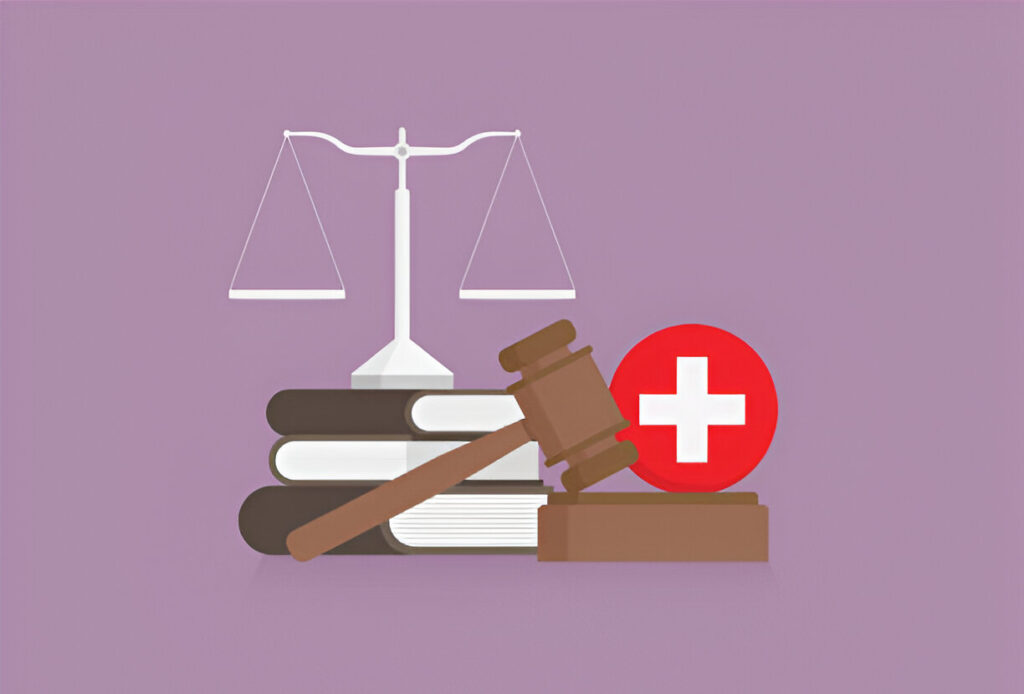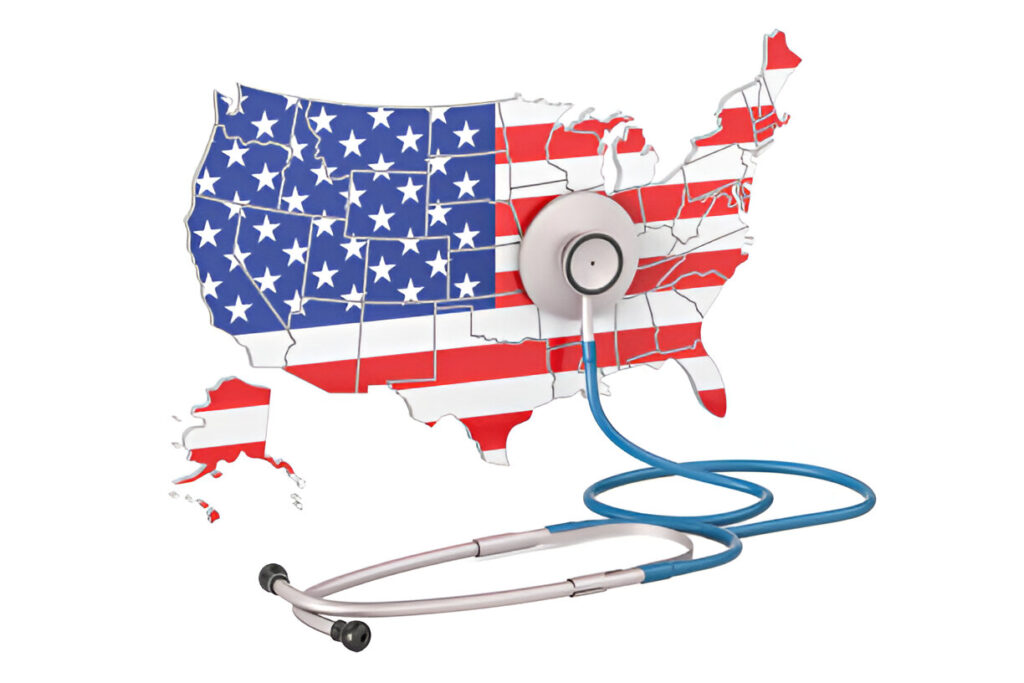Moving to a new country as an expatriate involves not just adapting to a new culture and lifestyle but also understanding and navigating the local medical laws and regulations. Medical regulations vary widely from country to country and can significantly impact your access to healthcare, your rights as a patient, and your overall well-being. This blog provides a thorough guide to understanding local medical laws and regulations across different countries, helping expats stay informed and prepared.

1. Why Understanding Local Medical Laws is Crucial for Expats
1.1. Impact on Healthcare Access
Understanding local medical laws is essential for ensuring seamless access to healthcare services:
- Eligibility for Services: Some countries have specific requirements for accessing medical services, such as residency status or health insurance coverage.
- Healthcare System Structure: Familiarity with the local healthcare system helps you navigate the process of seeking medical care efficiently.
1.2. Legal Rights and Responsibilities
Knowing your legal rights and responsibilities as a patient can prevent misunderstandings and ensure that you receive appropriate care:
- Patient Rights: Different countries have varying regulations regarding patient consent, privacy, and the quality of care.
- Compliance: Understanding local laws helps you comply with health regulations and avoid potential legal issues.
2. Medical Laws and Regulations in Key Expat Destinations
2.1. United States
Healthcare System Overview
- Private vs. Public Healthcare: The U.S. has a predominantly private healthcare system, with public programs like Medicare and Medicaid for eligible individuals.
- Insurance Requirements: Health insurance is required under the Affordable Care Act (ACA), and coverage varies widely between plans.
Key Regulations
- Patient Protection and Affordable Care Act (ACA): Ensures coverage for pre-existing conditions and mandates essential health benefits.
- HIPAA (Health Insurance Portability and Accountability Act): Protects patient privacy and confidentiality of medical information.
2.2. United Kingdom
Healthcare System Overview
- NHS (National Health Service): Provides universal healthcare funded through taxation. Most medical services are free at the point of use.
- Private Healthcare: Available for those who wish to pay for additional services or quicker access to certain treatments.
Key Regulations
- NHS Regulations: Ensure comprehensive healthcare coverage and patient rights within the NHS system.
- Data Protection Act: Governs the handling of personal health information and ensures patient privacy.
2.3. Australia
Healthcare System Overview
- Medicare: The public healthcare system provides free or subsidized medical services for Australian citizens and permanent residents.
- Private Health Insurance: Optional and offers additional coverage and access to private facilities.
Key Regulations
- Medicare Levy: A tax on income that contributes to funding Medicare.
- Patient Rights and Responsibilities: Patients have the right to informed consent and access to medical records.
2.4. Canada
Healthcare System Overview
- Publicly Funded Healthcare: Each province manages its own healthcare system, providing universal coverage for residents.
- Private Healthcare: Exists but is limited to supplementary services and elective procedures.
Key Regulations
- Canada Health Act: Ensures access to medically necessary hospital and physician services.
- Privacy Laws: Govern the collection, use, and disclosure of personal health information.
2.5. Germany
Healthcare System Overview
- Universal Health Insurance: Mandatory health insurance coverage for all residents, with options for public (statutory) and private health insurance.
- Healthcare Providers: Includes a mix of public and private hospitals and clinics.
Key Regulations
- Health Insurance Act: Regulates the provision and coverage of health insurance.
- Patient Rights Law: Ensures patient rights regarding information, consent, and treatment.
2.6. Japan
Healthcare System Overview
- Universal Health Insurance: Mandatory coverage through either the Employees’ Health Insurance or the National Health Insurance system.
- Healthcare Quality: Known for high standards of medical care and advanced technology.
Key Regulations
- Health Insurance Law: Mandates insurance coverage and regulates medical fees.
- Patient Rights: Includes informed consent and access to medical records.
2.7. France
Healthcare System Overview
- Universal Health Coverage: Funded through a combination of public health insurance and supplementary private insurance.
- Healthcare Providers: Includes a wide range of public and private hospitals and clinics.
Key Regulations
- Social Security Code: Governs health insurance and medical services.
- Patient Rights Law: Ensures patients’ rights to information, consent, and quality care.
3. Navigating Healthcare Systems and Regulations
3.1. Registering for Health Services
- Eligibility: Verify your eligibility for public health services or insurance coverage in your destination country.
- Registration Process: Follow the registration process for obtaining a health insurance card or access to medical services.
3.2. Understanding Healthcare Costs
- Out-of-Pocket Expenses: Be aware of any co-payments, deductibles, or out-of-pocket costs associated with medical services.
- Insurance Reimbursement: Understand the process for claiming reimbursement from your health insurance provider.
3.3. Seeking Medical Care
- Finding Providers: Research and locate healthcare providers and facilities that accept your insurance or offer the services you need.
- Language Barriers: Consider language support services or translation services if you are not fluent in the local language.
4. Legal Rights and Protections for Patients
4.1. Informed Consent
- Understanding Consent: Ensure that you understand the nature of any medical procedures or treatments and give informed consent before proceeding.
- Refusal of Treatment: Know your rights to refuse treatment and seek a second opinion if necessary.
4.2. Privacy and Confidentiality
- Data Protection: Familiarize yourself with local regulations regarding the protection of personal health information.
- Access to Records: Understand your rights to access and obtain copies of your medical records.
4.3. Complaint and Dispute Resolution
- Filing Complaints: Know the process for filing complaints about medical care or treatment if you are dissatisfied with the service received.
- Legal Recourse: Explore options for legal recourse or arbitration if you encounter significant issues with your healthcare provider or insurance.
5. Practical Tips for Expatriates
5.1. Pre-Move Preparation
- Research Regulations: Research medical laws and regulations in your destination country before moving.
- Health Insurance: Obtain appropriate health insurance coverage that meets the requirements of your destination country.
5.2. Settling In
- Local Resources: Familiarize yourself with local healthcare resources, including clinics, hospitals, and emergency services.
- Cultural Sensitivity: Be aware of cultural differences in healthcare practices and patient interactions.
5.3. Staying Informed
- Regular Updates: Stay informed about any changes in local medical laws and regulations that may affect your healthcare.
- Local Networks: Join local expatriate groups or forums to share experiences and get advice from others who have navigated the healthcare system.
6. Case Studies: Real-Life Experiences
6.1. Case Study 1: Navigating the U.S. Healthcare System
Laura, an expat in the U.S., faced challenges understanding her insurance coverage and accessing healthcare services. She worked with a local insurance broker to clarify coverage details and learned how to navigate the complex healthcare system.
6.2. Case Study 2: Dealing with Healthcare in France
Tom, an expat in France, needed to understand the French healthcare system and register for health coverage. He consulted with a local health advisor and successfully obtained the necessary insurance and access to medical services.
6.3. Case Study 3: Managing Healthcare in Japan
Emily, living in Japan, had to navigate the country’s universal health insurance system and language barriers. She utilized translation services and connected with local expat networks to ensure she received appropriate medical care.
Conclusion
Understanding local medical laws and regulations is vital for expatriates to ensure they receive proper healthcare and protect their rights as patients. By researching and familiarizing yourself with the healthcare system in your new country, you can navigate medical services effectively and avoid potential issues. Remember to stay informed, seek support when needed, and take proactive steps to manage your health and well-being while living abroad.
Get your personalized quote today by clicking here PURL and feel free to contact us with any questions—your peace of mind – while traveling abroad is just a step away!







